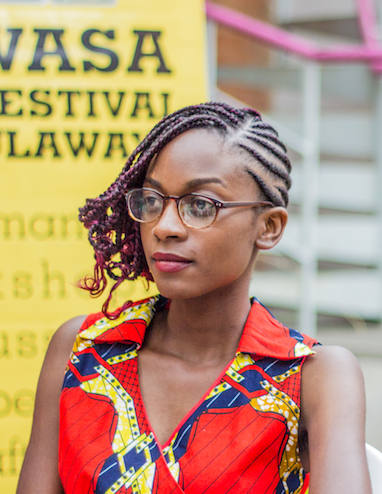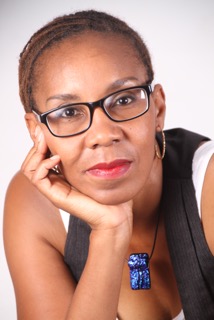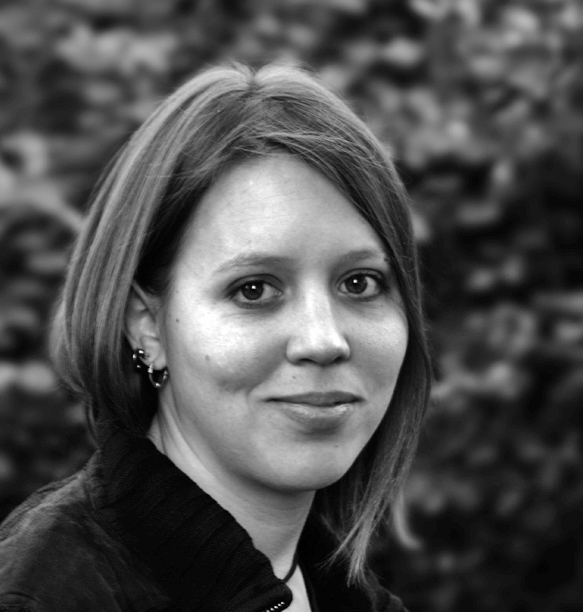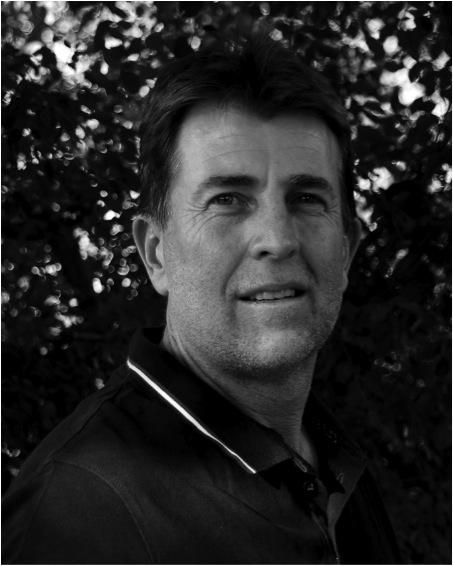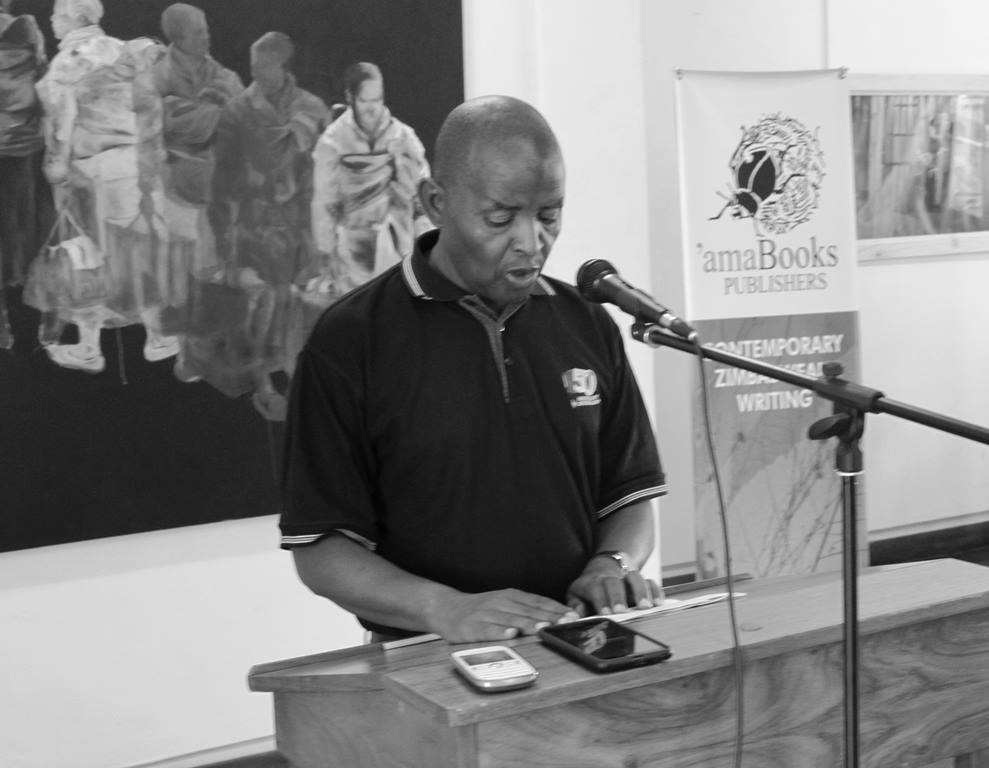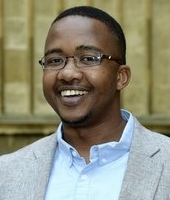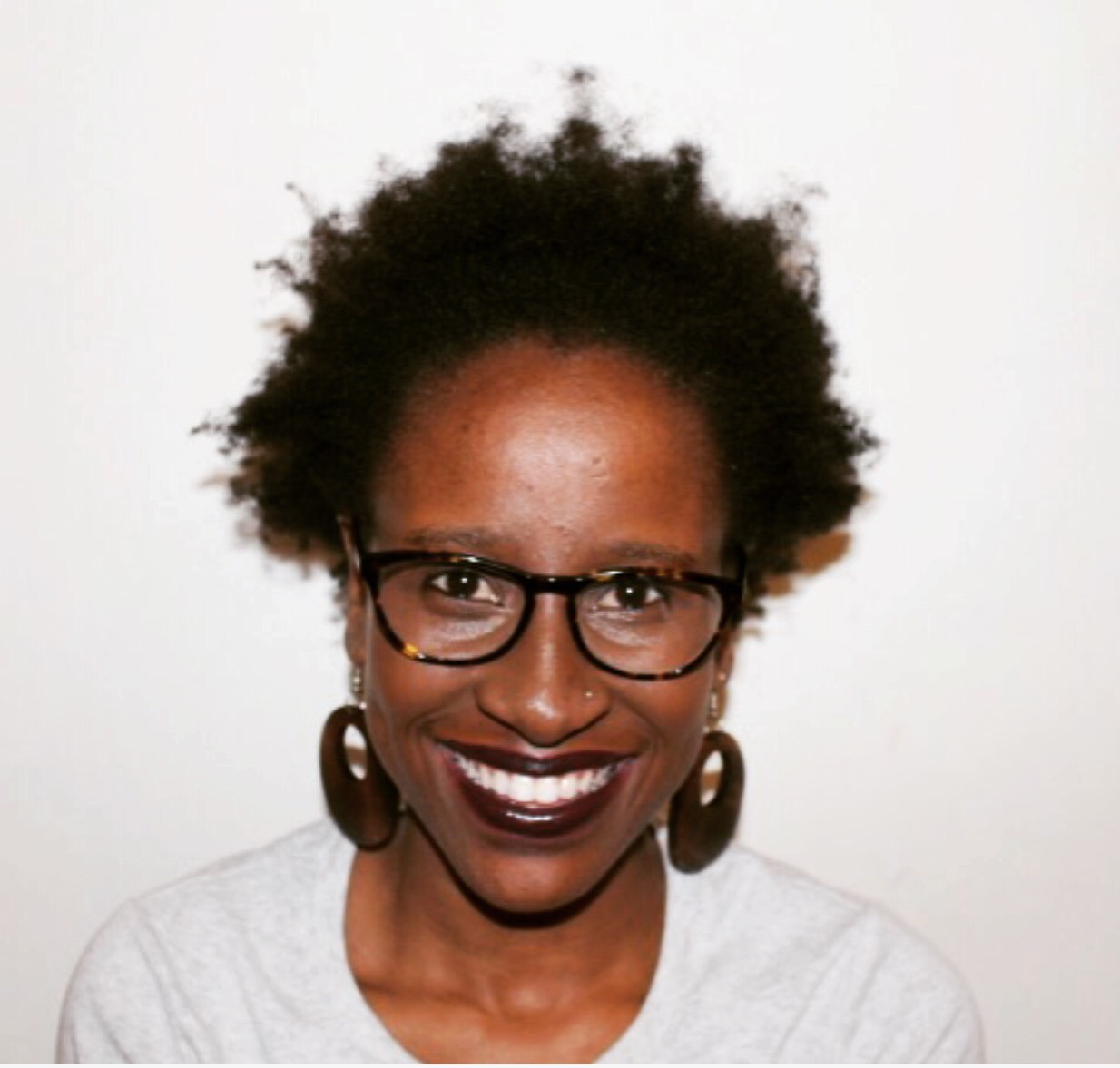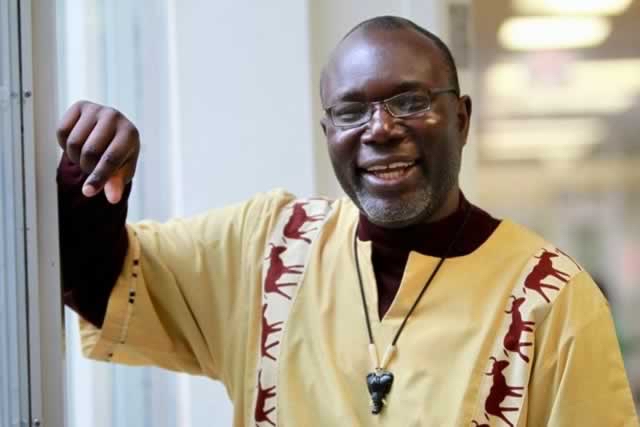 |
| Togara Muzanenhamo |
from:http://writivism.org/2016/03/21/1076/
By: Samira Sawlani
Writer’s note: This list is just a snapshot of the poetry talent currently thriving in the African Continent, not included are the numerous poets whose poetry takes form in African languages or those that are based in Francophone Countries.
Across the African continent, poetry has been part of tradition embedded in various cultures and histories and passed down through generations.
Indeed many of the World’s most renowned poets throughout history have been from Sub-Saharan Africa. Some examples include Somalia’s Hadrawi (Mohamed Ibrahim Warsame); Chinua Achebe and Mabel Segun of Nigeria; Kofi Awonoor and Ama Ata Aidoo from Ghana; Sudan’s Mahjoub Sharif; and Keorapetse Kgositsile of South Africa.
Be it colonialism, independence, apartheid, love, motherhood, war, peace, relationships, these individuals and many more have narrated their experiences through the power of the poetic pen.
Similarly, poets in the African Diaspora like Warsan Shire, Nayyirah Waheed, Safia Elhillo, JJ Bola and Tapiwa Mugabe (and many more) are creating magic with their words and receiving the accolades to prove it.
Not to be outdone, the literary scene across Sub-Saharan Africa is overflowing with talented poets. One only has to attend any of the numerous literary festivals, book fairs and spoken word events taking place across the continent to spot these individuals or discover their musings via the internet.
Their poetry is not just art– it gives voice to the challenges and unjustness faced by so many. It articulates both individual and collective struggles and promotes self-acceptance, self-love, and self-adoration in the face of a global order which constantly tells us we are not enough.
So without further ado, here is a list of ten poets in Sub-Saharan Africa challenging the world, one poem at a time.
1. Ijeoma Umebinyuo (Nigeria)
Once in a while a poet comes along and one finds that there are not enough words in the dictionary to do justice to the exquisiteness of them and their work.
Ijeoma Umebinyuo is that poet.
Born and raised in Lagos, her poetry collection ‘Questions for Ada’ left me speechless. As I devoured each poem I realised I had been holding my breath, simultaneously dismantled and invigorated by her work. Weeping, smiling, softened, hardened all in one.
In Diaspora Blues she writes words that pierce like arrows at the reader’s softest parts:
‘So, here you are
too foreign for home
too foreign for here.
Never enough for both’
too foreign for home
too foreign for here.
Never enough for both’
There are also messages of self-love and self-acceptance in the poetry of Ijeoma Umebinyuo:
‘You are breathing
Perhaps a bit hurt
Perhaps a bit pained
But
Perhaps a bit hurt
Perhaps a bit pained
But
You are breathing
And that’s enough to wake the angels still living in your chest’
And that’s enough to wake the angels still living in your chest’
It is a bible for women, a celebration and reminder throughout such as ‘The woman alone, finding parts of herself she never knew existed, will always be more powerful.’
These are poems for the lost, for the found, for the brokenhearted, for the lover, for those drowning in home– they are for all of us.
2. Michael Onsando (Kenya)
Michael is one of those rare writers whose work– be it poetry, politics, fiction or non-fiction—hits a standard of perfection which many can only dream of.
Based in Nairobi, his book ‘Something Quite Unlike Myself’ has made waves since its release last year, he describes it as being about ‘being a stranger in your own body. Being a stranger in your own city, your own country. So while the book is much about looking, and failing, to find oneself, it is also about the state of affairs in the country and reconciling the idea that somehow things will get better with the reality that – without any real work from us – they won’t.’
In ‘Still’ he explores the stereotypes which lead to the idea of the ‘Big, Black Kenyan Man’ being invincible:
‘And then a word
and then a cut
and then another.
And then pain.
and then a cut
and then another.
And then pain.
And display of pain.
Still, it’s okay. It’s a big black Kenyan man.
A big black Kenyan man.
And the big black Kenyan man is…
Still, it’s okay. It’s a big black Kenyan man.
A big black Kenyan man.
And the big black Kenyan man is…
invincible’
The use of poetry to express the realities of the world around us is almost as old as the tradition of poetry itself, and it is in this that Onsando really excels. There is no topic he does not touch– from political oppression to extra-judicial killings to the words and acts of Kenyan politicians.
Michael Onsando’s style of writing can best be described as innovative, and of everything he has written, the one line which says so much is ‘She asked me about my blistered feet, I asked her about her manicured hands’.
3. Liyou Libsekal (Ethiopia)
‘Heavy beauty’ is the phrase which encapsulates the poetry of Liyou Libsekal, winner of the Brunel African Poetry Prize 2014. Born in Ethiopia in 1990, she spent a number of years travelling, living and studying in the US before returning to Addis Ababa. Perhaps this is why every word, every line of Libsekal’s poetry left me yearning, weighed down and mesmerised. For it explores identity, displacement and the reality of growing up away from home and in all this the self and the body are presented as bearing the consequences.
Her words have a rhythm, in ‘Childhood was mud-play and dirty fingernails’ she writes
‘I was born to a woman whose hands are washed with ritual
balancing act
temperatures and tempers
home grown versus raised afar,
cleansing finales’
balancing act
temperatures and tempers
home grown versus raised afar,
cleansing finales’
While vivid descriptions loudly echo off the page in ‘My Father Calls me Bibish’
‘Squeezing ear ready to split wild
of gunshots hailing an end to terrors red
twenty-three times three six five
each into strands/into pores of even hands’
of gunshots hailing an end to terrors red
twenty-three times three six five
each into strands/into pores of even hands’
To do justice to Libsekal’s work requires a separate article in itself, perhaps my experience of it can be summed up in a line from her poem ‘As a Child I practiced Walking with My Eyes Closed’:‘And everything pours out of my ribs’.
4. Lebogang Mashile (South Africa)
Very few poetry lovers are unfamiliar with the work of Lebogang Mashile. Writer, poet, producer, actress and winner of numerous awards including the prestigious Noma Award for Publishing in Africa 2006. Her poems so powerful you almost forget to breathe.
In I smoked a spliff with Jesus Christ last night there is humour, yet underlying pain and darkness as she writes:
‘But he was Jesus, and I’m a sister, so I’ve been through more shit.
Cuz I’m black, and life in hard in Jozi when you’ve got tits’
Cuz I’m black, and life in hard in Jozi when you’ve got tits’
‘HIV Test Number Six’ hits the reader so hard that no analysis or description will do it justice:
‘I can no longer keep count of the women you put inside of me. They are white noise on a black screen. Familiar tastes on a foreign tongue’
There is a feeling of empowerment which permeates through Mashile’s poetry as she explores race, love, and feminism. Perhaps this excerpt from ‘There is a me that I could be…’ captures it best:
‘tomorrow is an infinite portal with no ceiling and no floor. There is only the ledge that beckons us and wings designed for us to soar’
5. Ketty Nivyabandi (Burundi)
Most recently Ketty Nivyabandi made headlines when she led protests in Bujumbura, partaking in what she called ‘Burundi Activism’. This passion is not just reserved for her country, for it permeates through her dazzling poetry, which also serves as a channel for her activism. The poems take various forms, in English, in French, some translated, some not. The dynamism of this masters of words, the poignancy to#Burundi2015, a tribute to her Country:
‘may you be more than a game of cards
may you be more than dry bones
may you have flesh, lovehandles and curves…
may you be more than dry bones
may you have flesh, lovehandles and curves…
may you be more than sour beans
may you be sumptuous feast
feeding me to sweet peace
for I (Burundi)
may you be sumptuous feast
feeding me to sweet peace
for I (Burundi)
am a queen’
Then this lyrical summary, ‘Of love’, juxtaposing both love and loss of it:
‘Falling in love :
A flowering of the heart.
An opening. A stretch, out to the world. A sunflower courting the sky. Two eyes closed. A tongue, searching the sky for a drop of rain. And the way it curls after finding it…
Falling out of love :
A shedding of the heart.
A soft wrinkling. A scar. The crisp cool air that licks the musty room clean, after a storm. A closing window too. Which must be reopened. For the heart to breathe…
All dying isn’t sad. There is the dying that precedes the living. And that’s the sacred kind…’
Kitty Nivyabandi forms part of a genre of poets whose work can best be described as compelling, and one imagines it being written while sitting in the middle of the city of Bujumbura or while dreaming.
6. Harriet Anena (Uganda)
Born and raised in Northern Uganda and currently living in the capital Kampala, Harriet Anena recently released her collection of poetry ‘A Nation in Labour’. Following the release of the book Anena gave an interview in which she was asked if ‘poetry should be separate from politics’ and her response was ‘For me, life is political.’
Evidence of this can be seen from ‘Kampala is a lover with bad breath’, the latest offering on her website. As Uganda continues to undergo its own post-election turmoil, she writes
‘Kampala is a lover with bad breath,
Edible lips, Firm hands that know how to cup a face before a kiss
Then He’ll breathe that thing Besigye hates into your eyes
But…
Edible lips, Firm hands that know how to cup a face before a kiss
Then He’ll breathe that thing Besigye hates into your eyes
But…
You’ll love the pearl of seven hills that dot his compound’
A Nation in Labour is an apt title for her poetry collection for the book channels anger, pain and dissatisfaction, exploring the reality of living through war and under the weight of political mistakes:
‘The Republic is like a headless chicken
With a body that can only flip and flap in labour
Cursing the future for coming too soon
And clinging to a grandfather clock
With a body that can only flip and flap in labour
Cursing the future for coming too soon
And clinging to a grandfather clock
That’s out of tune
Hoping time will do all
To correct a future that has gone askew’
Hoping time will do all
To correct a future that has gone askew’
7. Saddiq Dzukogi (Nigeria)
Saddiq is a known name in poetry circles what with him having written three collections and his work consistently published in a variety of publications includingThe Bombay Review and Deep Water Literary Journal. He has also appeared at events including the Nigerian-Korean Poetry feast and the Writivism Festival.
If there was one word to describe his poems it would be ‘versatile’ for there are no set themes and no one style. There is, however, an emotion invoking simplicity.
The finest example of this is ‘Something about Dreams’ in which he writes:
‘There is something about dreams
that break when I open my eyes
a whole castle had taken seconds long to build
but falls and vanishes
that break when I open my eyes
a whole castle had taken seconds long to build
but falls and vanishes
like smoke’
Explore his poetry further and one will discover poems of greater depth, the most blistering being ‘I am learning to love my child’:
‘I am learning to love me child
whose father split my legs
into an opened brochure
to read hallowed letters of a sacred light…’
whose father split my legs
into an opened brochure
to read hallowed letters of a sacred light…’
The ease with which Dzukogi’s poetry is read, absorbed and understood combined with the impact it has is indicative of the abundance of talent he possesses. With two poetry manuscripts in the offing, he is certainly is one to watch.
8. Togara Muzanenhamo (Zimbabwe)
Born to Zimbabwean parents in Zambia before moving back to Zimbabwe, Togara Muzanenhamo has an impressive CV: poet, journalist, film script editor, and farmer. Accolades are nothing new for this man! His work has appeared in numerous publications, he represented Zimbabwe at the 2012 Poetry Parnassus and his second collection of poetry (following the impressive spirit brides) Gumiguru not only received rave reviews, but was also nominated for the 2015 Luschei Prize.
Muzanenhamo’s poetry, particularly in Gumiguru, creates a feeling of homesickness for Zimbabwe, even for those of us for whom it is not home.
Imagery features heavily in his work, in ‘Gates of Dawn’ he writes: ‘..the heat at work on the tar.. the city’s streets slow and soft with submission’ while ‘Facsimile of a Quiet Country’ ends with:
‘The sun a red miserable glow with a faint of silence this season gives, a spiritual silence wet with flying ants staining broken glass, the delicate song of rain singing through broken trusses, up to where pain opens its wings to soar through skies quietened by height.’
In ‘Textures’ a collaboration with fellow poet John Eppel, his poetry exudes a different type of magnificence, for example the spellbinding yet cryptic ‘Game of Twelve Moons’ :
‘She had been playing the game with her shadow
the game of twelve moons-
listing floorboards in the kitchen,
whispering hurriedly to herself.
the game of twelve moons-
listing floorboards in the kitchen,
whispering hurriedly to herself.
The sun would rise soon,
the smell of the air would change,
as would everything else
in the forest’
the smell of the air would change,
as would everything else
in the forest’
Zimbabwe has birthed a number of literary greats and Togara Muzanenhamo certainly is one of them.
9. TJ Dema (Botswana)
Famous for her spine tingling spoken word performances, TJ Dema is a well-known name on both the Botswana and global poetry scene. Over the years she has represented Botswana at the London 2012 Poetry Parnassus, read and performed her work to a global audience, and was an Honorary Fellow of the University of Iowa’s International Writing Programme.
While her spoken word leaves the audience wanting more, creating an electric atmosphere in the room, her poetry on paper is no less powerful. Her most haunting poem Dreams, begins with:
‘Dreams are evil
I prefer nightmares
They show you what goes on in here
Reflects what goes on out there’
I prefer nightmares
They show you what goes on in here
Reflects what goes on out there’
And as one continues through the poem there is no respite, the reader’s attention is held:
‘Nothing is less faithful.
Less real
Or more untrue than a dream
And does every waking moment have to be so hard’
Less real
Or more untrue than a dream
And does every waking moment have to be so hard’
These poems are pain inducing, seemingly birthed from a place deep inside, and just when you think the agony of words have ended, another poem is discovered:
‘Because I know you are going to ask
where I am,
I have long left the place I was
to walk slow between the trees
where I am,
I have long left the place I was
to walk slow between the trees
Where your greedy eye cannot reach me’
TJ Dema weaves her words into the minds and hearts of poetry lovers everywhere, be that through the pen or her voice.
10. Sonya Kassam (Kenya)
‘Melodious’ is the best way to describe the poetry of Sonya Kassam. In each line there is wisdom, insight, depth while each word carries some form of emotion, be it sorrow, joy, or longing.
The blog on which she posts her poetry is a treasure trove, in which many a lover can drown.
You live in my prayer begins with:
‘You live in my prayer… So frequently I plead for you
That He knows your name… Better than any of His prophets’
That He knows your name… Better than any of His prophets’
While Ever Met you is one of those poems which awakens in the reader a sigh of yearning or perhaps a moment of nostalgia:
‘strength never felt strong
night never saw darkness
love never tasted sweetness
words never spoke the truth
before I had ever met you’
night never saw darkness
love never tasted sweetness
words never spoke the truth
before I had ever met you’
Sonya Kassam’s poems capture the essence of good love, romantic love, painful love, spiritual love. Her work exudes a gentleness and is ultimately a tribute to the rawest of emotions within us humans, those of love and faith.


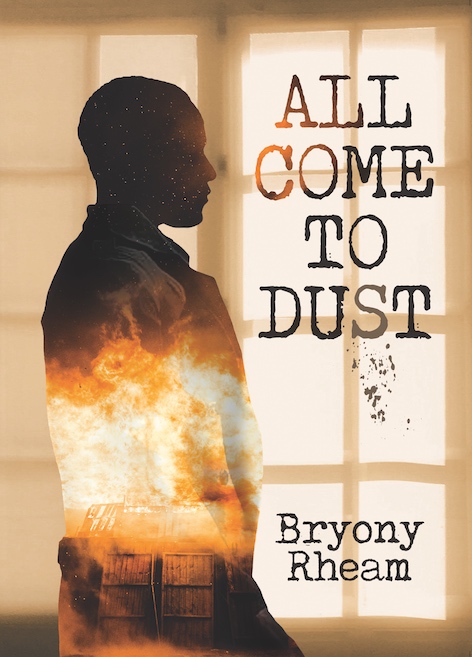
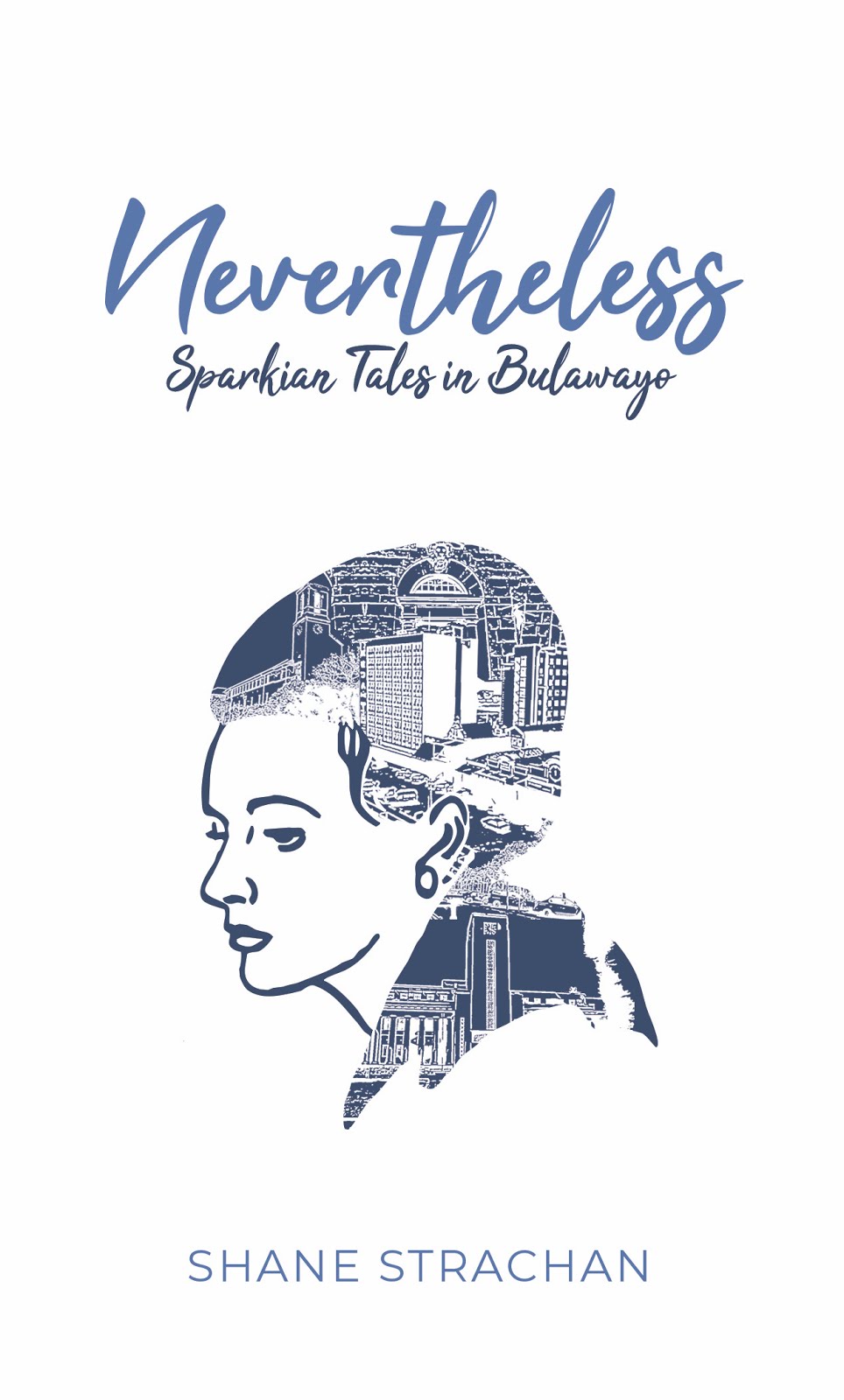





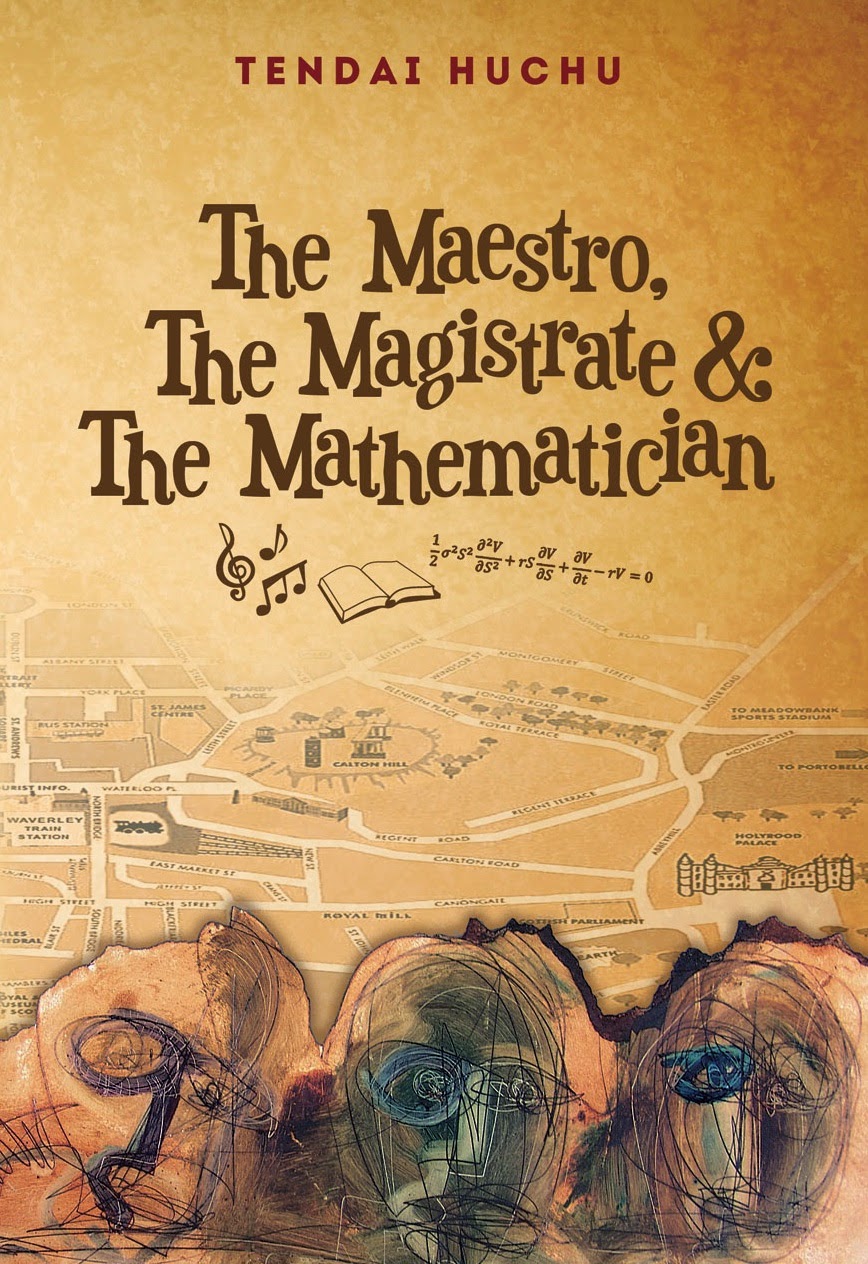
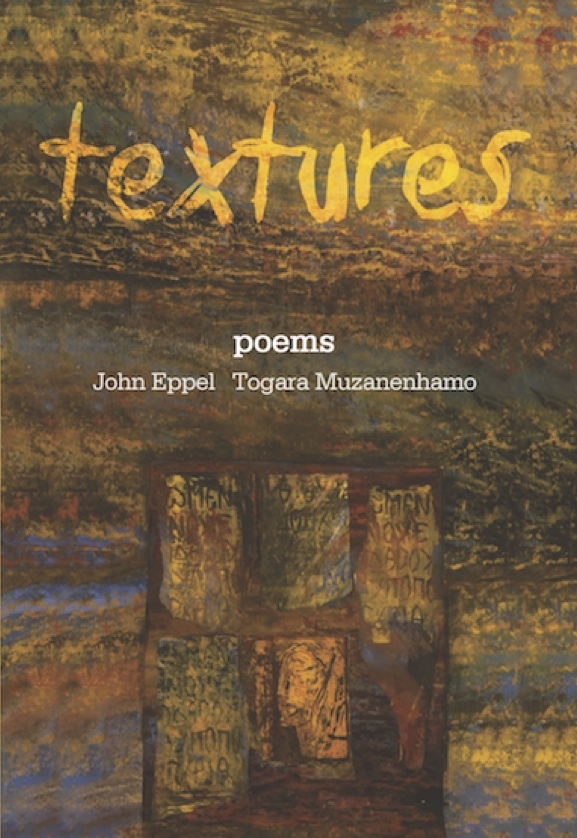
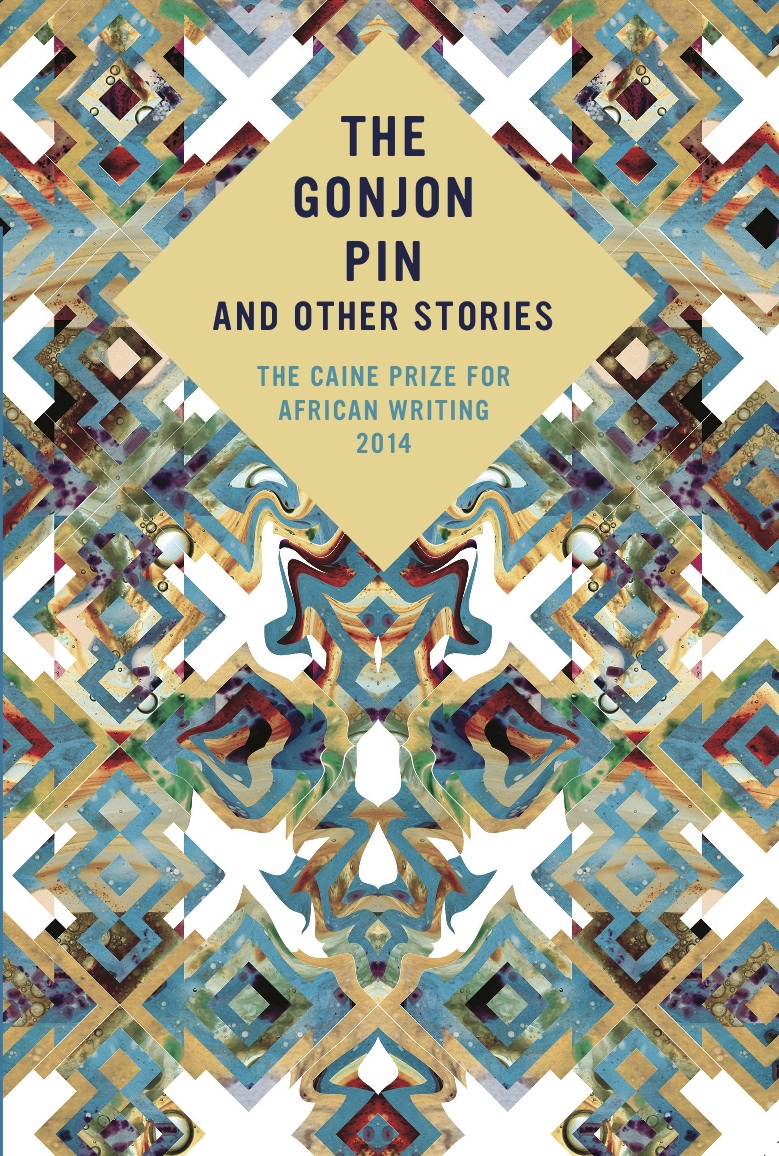
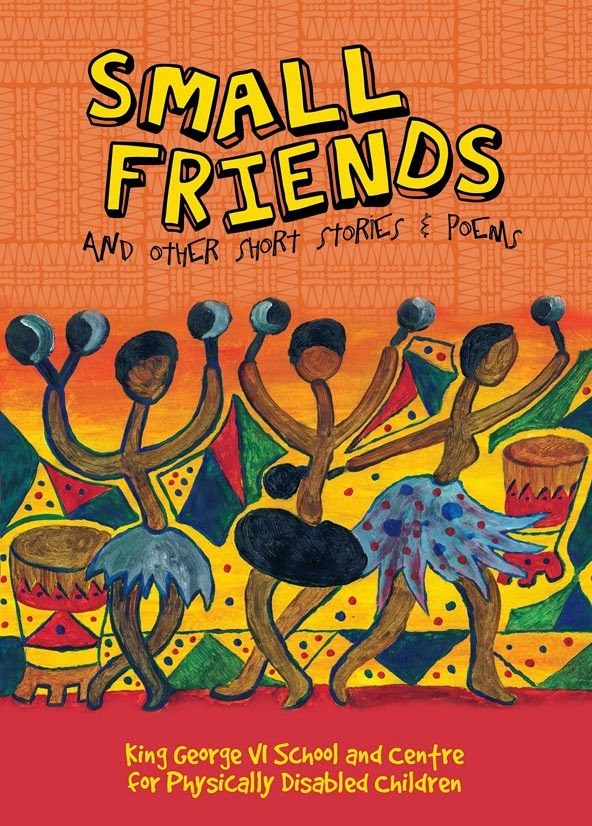
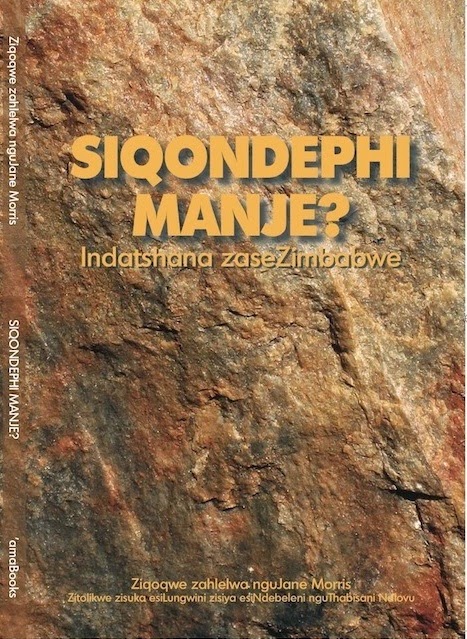
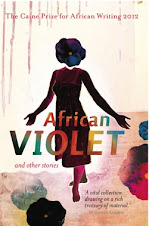

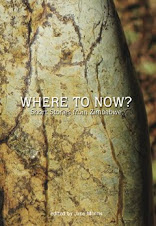
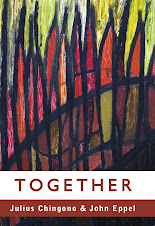
.jpg)

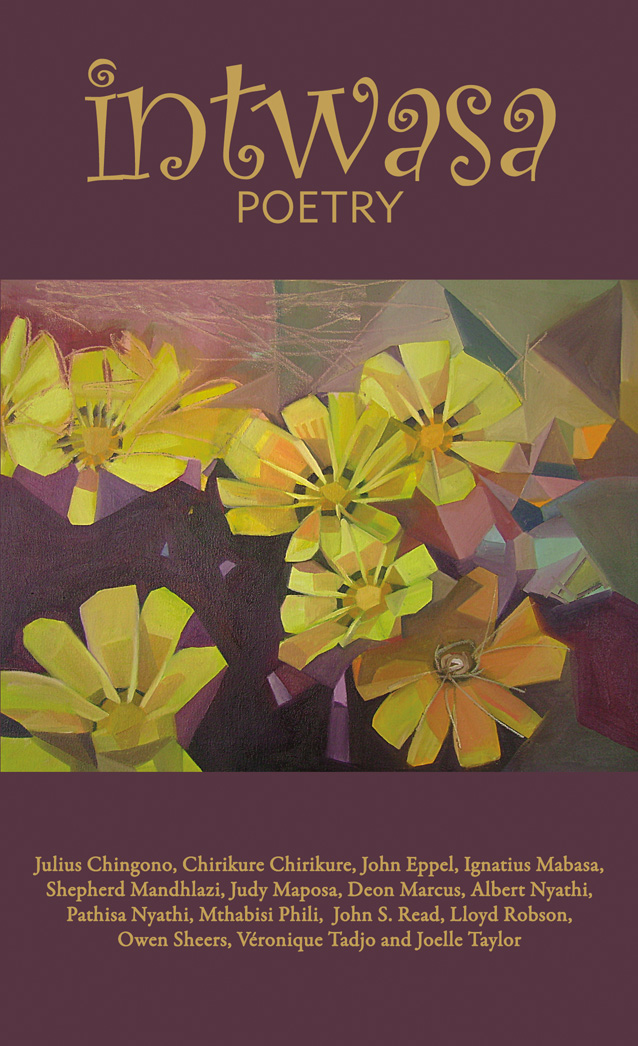


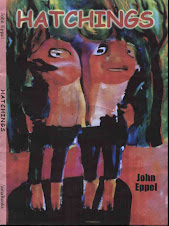













.jpg)

